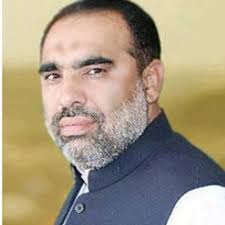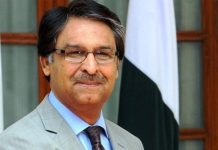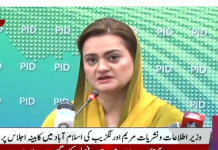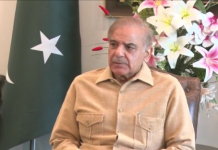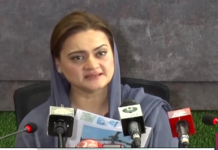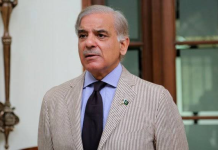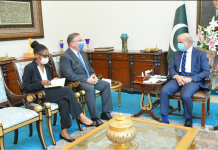ISLAMABAD: Cardiovascular diseases (CVDs) are the number one cause of death globally: more people die annually from CVDs than from any other cause.
An estimated 17.7 million people died from CVDs last year, representing 31% of all global deaths. Of these deaths, an estimated 7.4 million were due to coronary heart disease and 6.7 million were due to stroke.
The deaths by cardiovascular diseases in Pakistan have reached about 200,000 per year. To decrease the mammoth burden of heart disease in Pakistan, there is a dire need to create more awareness and understanding among the general public on primary prevention of heart related issues.
This was stated by Dr Samia Ali, hospitalist and cardiologist of Shaukat Khanum Memorial Cancer Hospital and Research Centre while talking to a group of journalists visiting the hospital.
She said that according to the World Health Organisation people in low and middle income countries were affected the most and accounted for 80% of CVDs deaths.
Dr. Samia said that important prevalent risk factors for CVDs were physical inactivity, high BMI or obesity, hypertension, diabetes mellitus, unhealthy diet, smoking and alcohol consumption.
“Other determinants of CVDs include poverty, stress and hereditary factors. It is alarming that around 33 percent of Pakistani population above the age of 45 has hypertension. It is also not true that it can only affect men. One third of women also die from heart disease every year. However, many remain unaware of their risk and the necessary steps needed to reduce this risk,” she said.
She further said that more often heart disease symptoms were insidious and not always classic. “At times, unexplained fatigue and getting breathless on minimal exertion could be a sign of underlying heart problems. Sometimes, most people don’t take their symptoms seriously and it is also our natural tendency to not act on them in the hope that they will just go away, which could be dangerous,” she said.
She said that people should adopt a healthy lifestyle.
Published in Daily Times, September 30th 2017.



